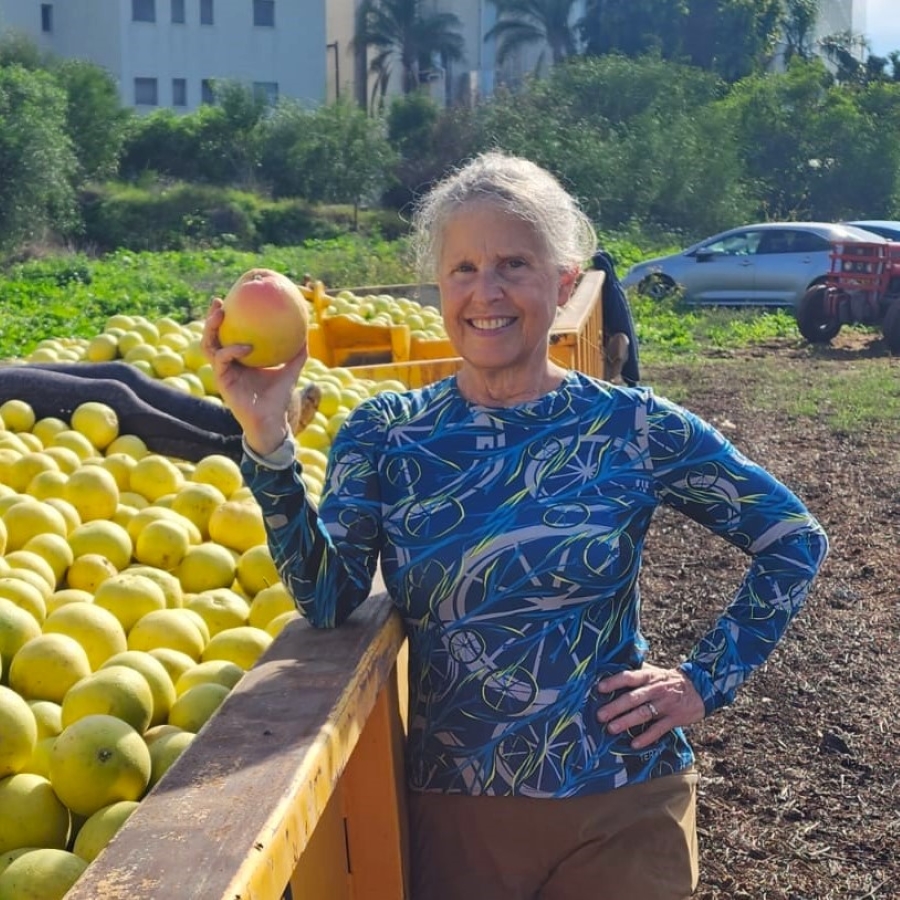
Before she was a certified public accountant, Ellen Lippman was a dancer. Her interest in pivoting towards the “language of business” was both practical and passion-based: “Most professional dancers have a limited period to be active,” she says. “Accounting is a career that people can do for their lifetime, anywhere in the world. Plus, it’s really fun and interesting!”
She first came to UP as an external auditor in 1981. “I had always harbored thoughts of working as a professor,” she says. While auditing the university, she heard about an opening for an accounting faculty member and decided to apply. “At the time, I did not have a PhD, but UP was willing to try me, and I them,” she says. She began teaching at UP in 1983, and she received her PhD from the University of Oregon in 1991.
In her time as a professor at UP, she honed an interest in ethics and accounting. Her focus on real-world historical events, such as procurement policies and asset appropriation in relation to the American Civil War, and the culpability of accounting in the Holocaust, has granted her consulting opportunities and an award from the Academy of Accounting Historians. “I seek, through research and in class, to remind us that accounting can matter and affect change,” she says.
She also coached four-person teams of students in regional and national accounting competitions, often to great success. “One year we took second place, and the next year first place, in the national AICPA competition,” she remembers. “The students won $10,000 each year—I think faculty advisors received a mug.” She enjoyed teaching Intermediate Financial Accounting, a year-long sequence that provided the base knowledge for future accountants. She assisted on numerous student research projects as well with funding from the Dundon Berchtold Institute and several eventually went on to be published.
“I love to see how students significantly increase their level of effort from what had been expected of them in other courses and how they get such satisfaction from their hard work,” she says.
Despite turning 70 this year, she sees this as an early retirement. “My brother and sister, both older than me, are still very much employed working hard. My dad worked into his 90s.” But she’s looking forward to spending more time with her husband, who is living in Israel, and volunteering in the agricultural fields there. She’s not planning on giving up her accounting passion, either. “I’m starting a new research area looking at the financial challenges for rural geriatric patients,” she says. She’s also planning on developing expertise as a tax accountant.
“At least then, when I am at event and someone hears I’m a CPA, I hope to have an answer for their inevitable tax questions!”